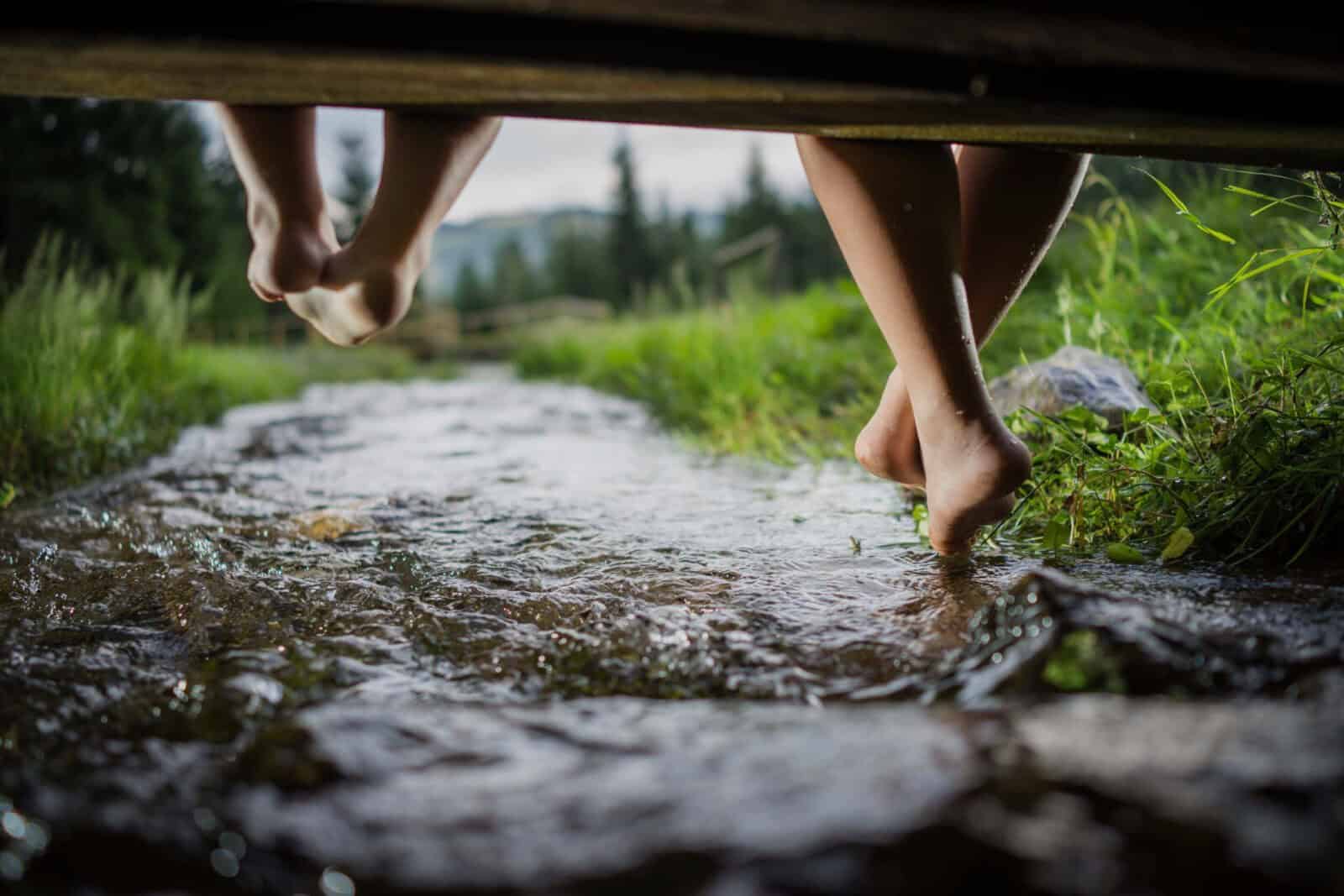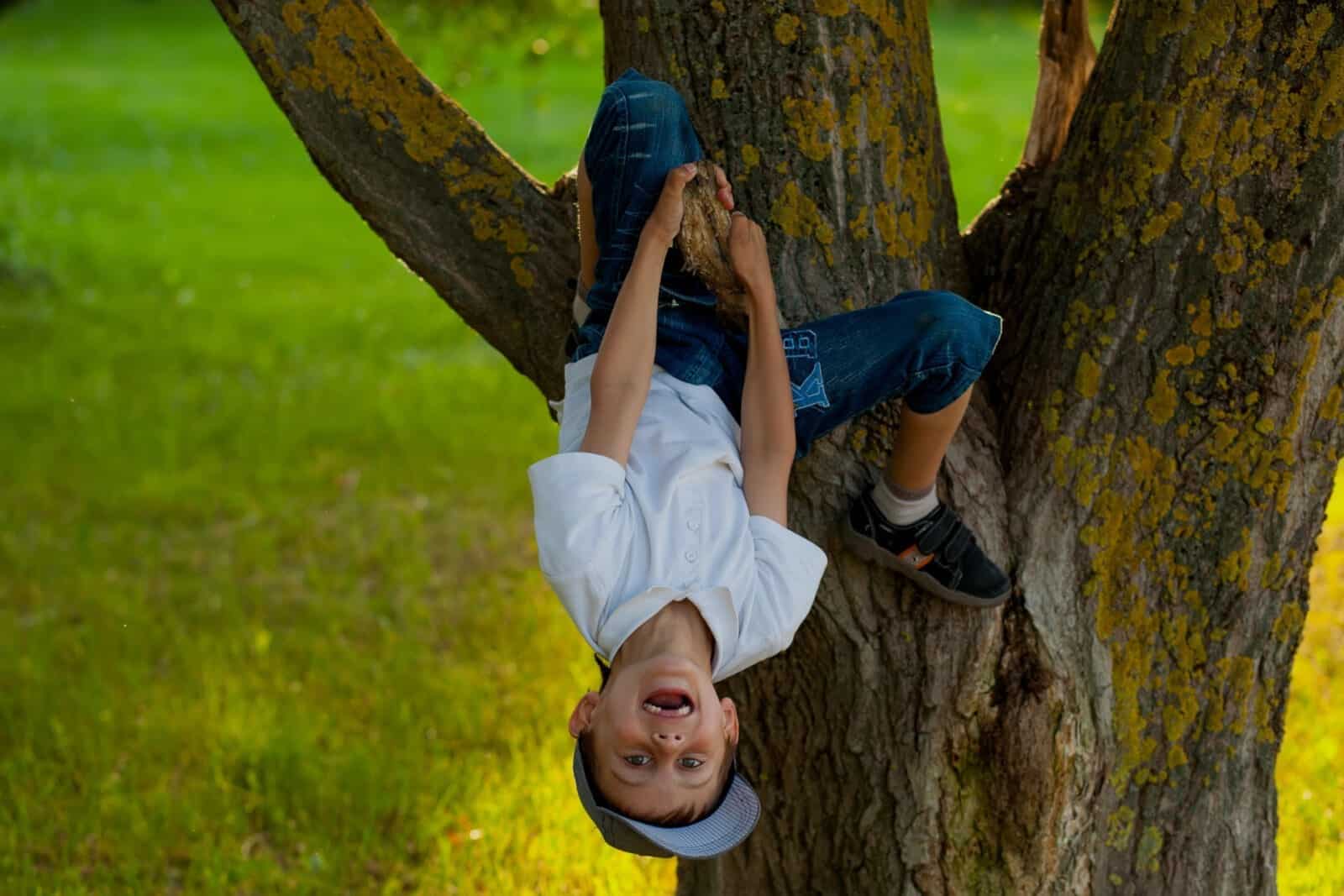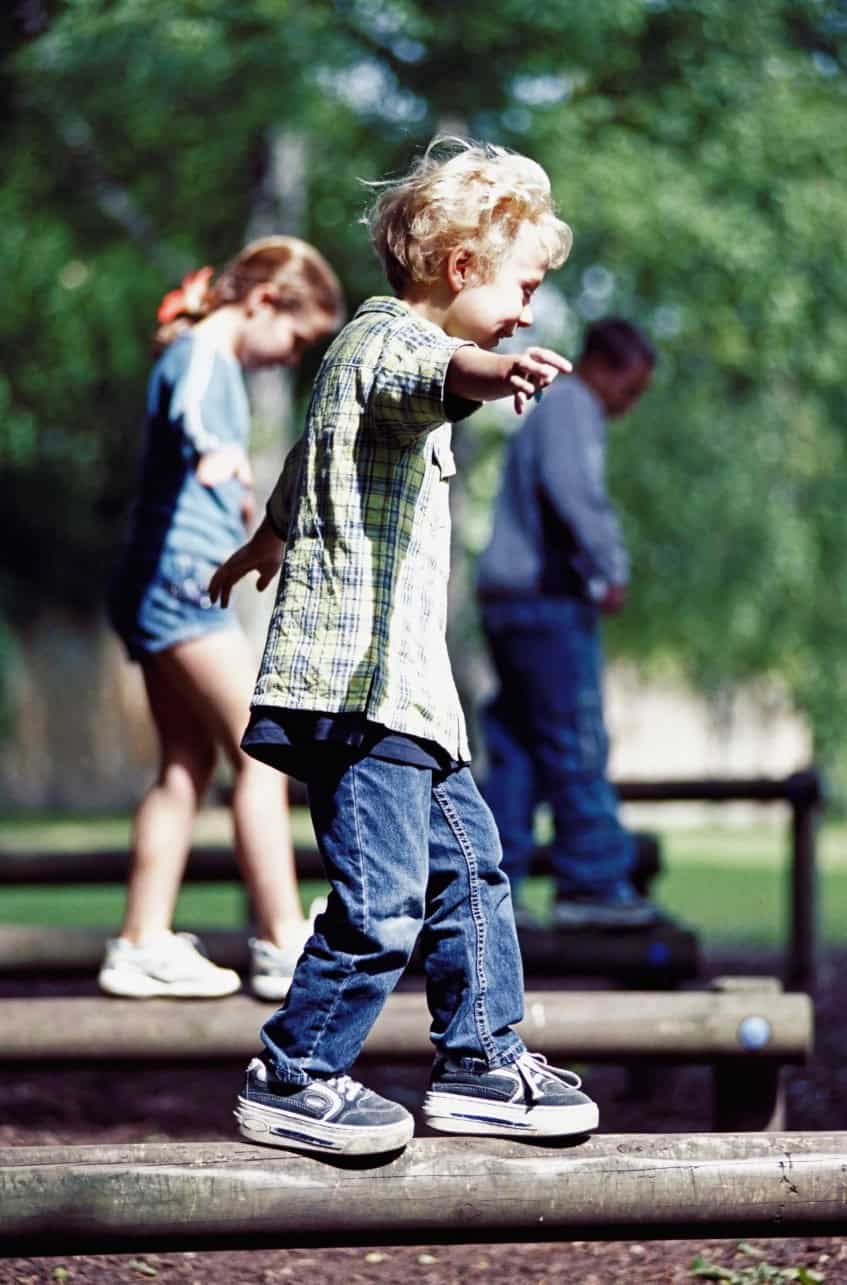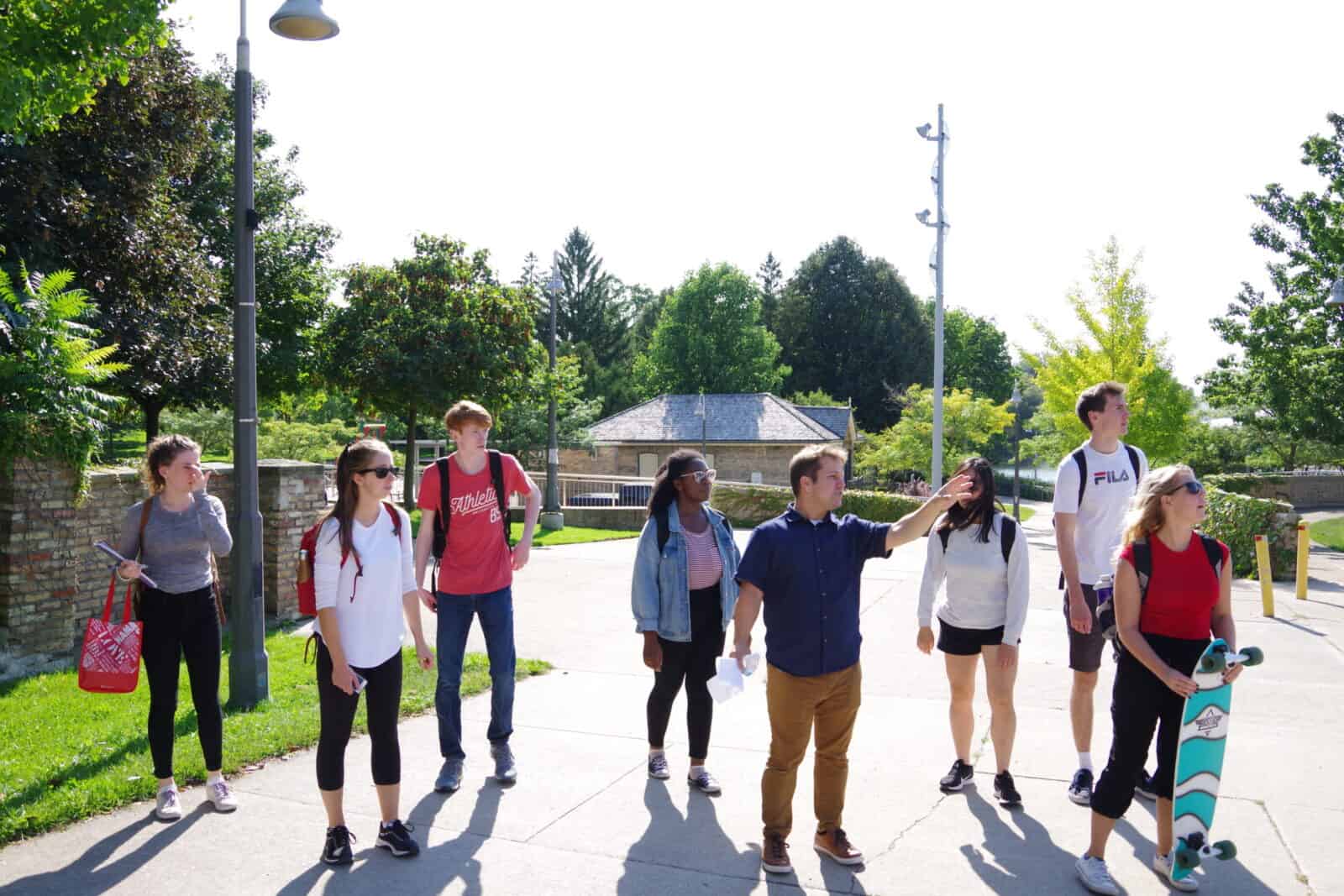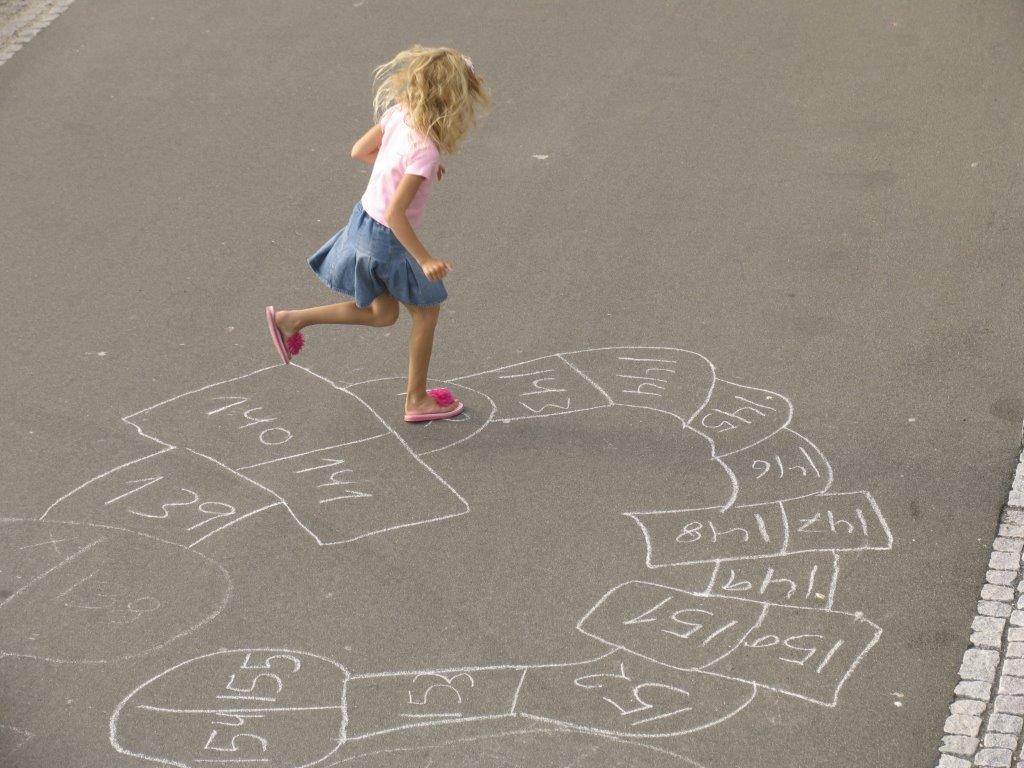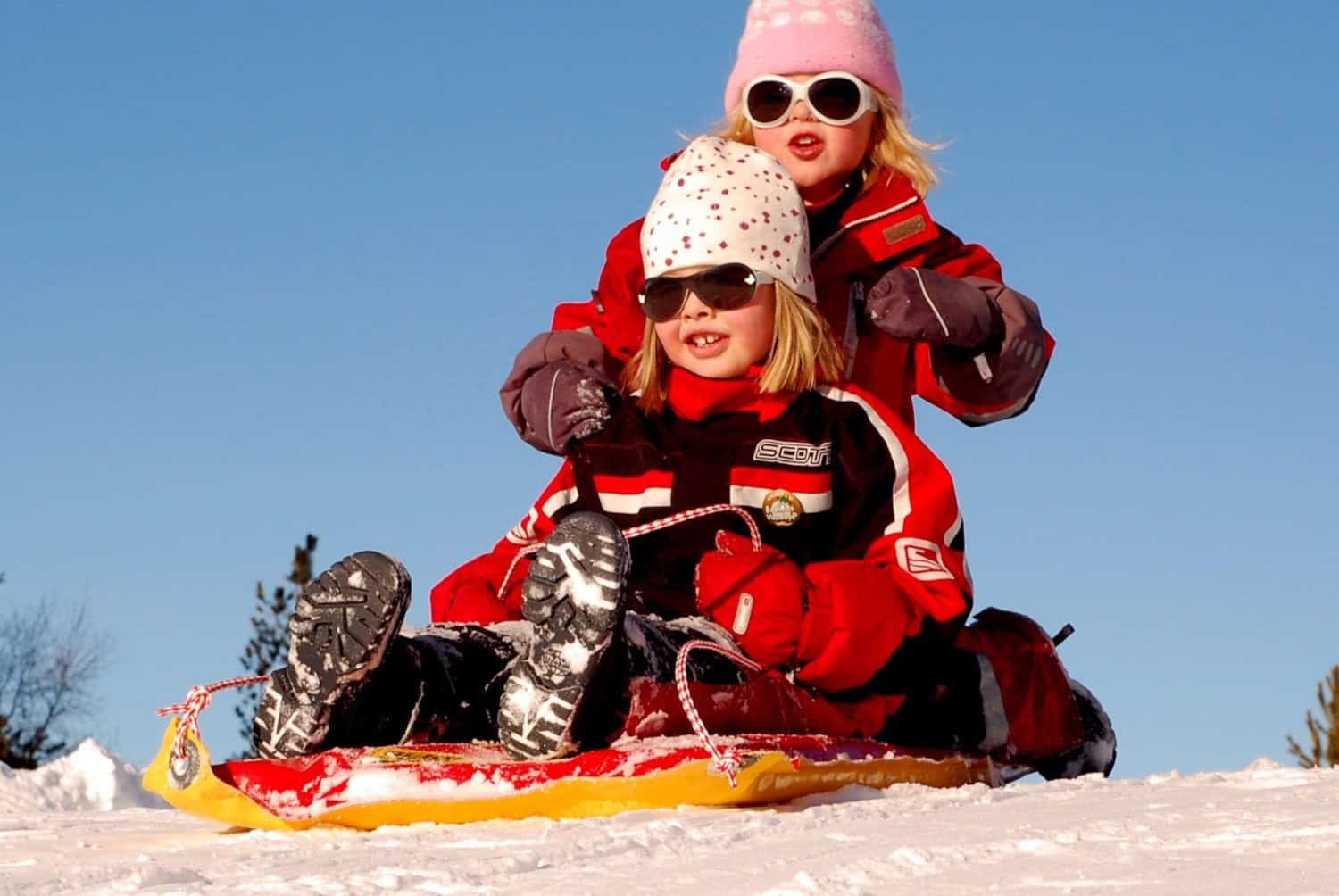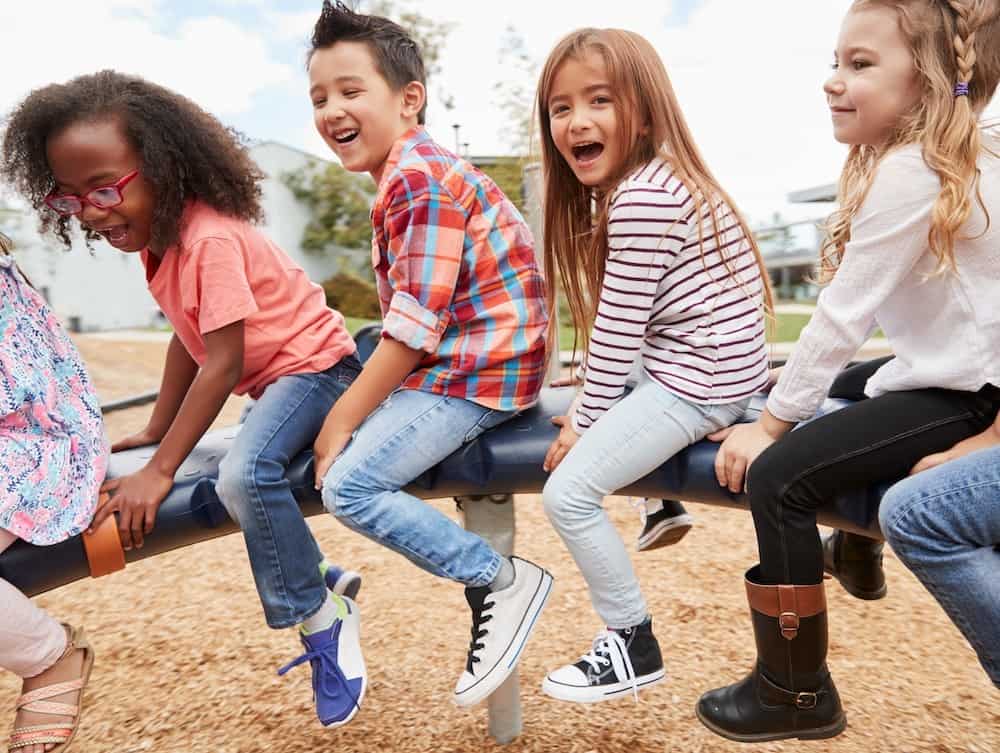How Confinement During the Pandemic Has Affected Spain’s Children
In a recent piece for the New York Times, Lorraine Allen discusses the impact of COVID-19 related confinement on children in Spain and Italy. Her article centres around the findings from a recent study collaboratively produced by researchers from Miguel Hernandez University (Spain) and University of Perugia (Italy; publication under review), which describes increases in irritability,...


